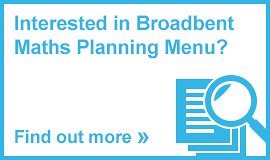Free teaching ideas and activities for your classroom.
Paul includes articles on primary maths teaching and learning, new developments and other maths topics for primary teachers.
If you have a specific maths question you want to ask, then please take a look at Ask Paul.
Website design by SiteBuilder Bespoke



